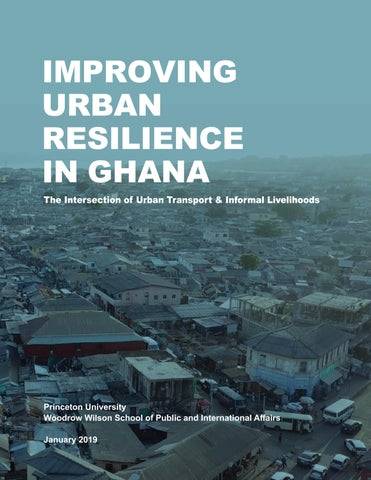The increasing rate in Ghana is a pressing issue that requires immediate attention. In recent years, the population of Ghana has been growing rapidly, and this has put a strain on the country's resources and infrastructure. The increase in population is due to several factors, including improved healthcare, better living standards, and a decrease in infant mortality rates.
One of the main consequences of the population growth is the strain it puts on the country's resources. For example, there is a growing demand for housing, energy, and water, which is putting a strain on existing infrastructure. This can lead to a decline in the quality of life, as people are forced to live in overcrowded, unsanitary conditions.
Another consequence of the population growth is the increase in unemployment rates. There are simply not enough jobs available to accommodate the growing workforce. This is particularly true in rural areas, where many people are engaged in subsistence farming and artisanal work, which do not provide a stable income. As a result, many young people are migrating to urban areas in search of better job opportunities, which often leads to social problems such as crime and drug abuse.
To address the issue of increasing rates in the country, the government of Ghana has launched several initiatives. One of these initiatives is the Free Senior High School education policy, which provides free education to all high school students in Ghana. This policy is aimed at improving access to education and reducing the number of dropouts, which is a major contributing factor to the increasing rates.
Another initiative is the One District, One Factory program, which aims to promote industrial development in rural areas. The program provides incentives for investors to establish factories in rural areas, which can create jobs and stimulate local economies. This can help to address the issue of unemployment and stimulate economic growth.
In conclusion, the increasing rate in Ghana is a significant challenge that requires urgent attention. The population growth is putting a strain on the country's resources and infrastructure and is leading to social and economic problems. However, with the implementation of effective policies and initiatives, such as the Free Senior High School education policy and the One District, One Factory program, Ghana can address these challenges and ensure sustainable growth and development for its people.




No comments yet
Be the first to share your thoughts!